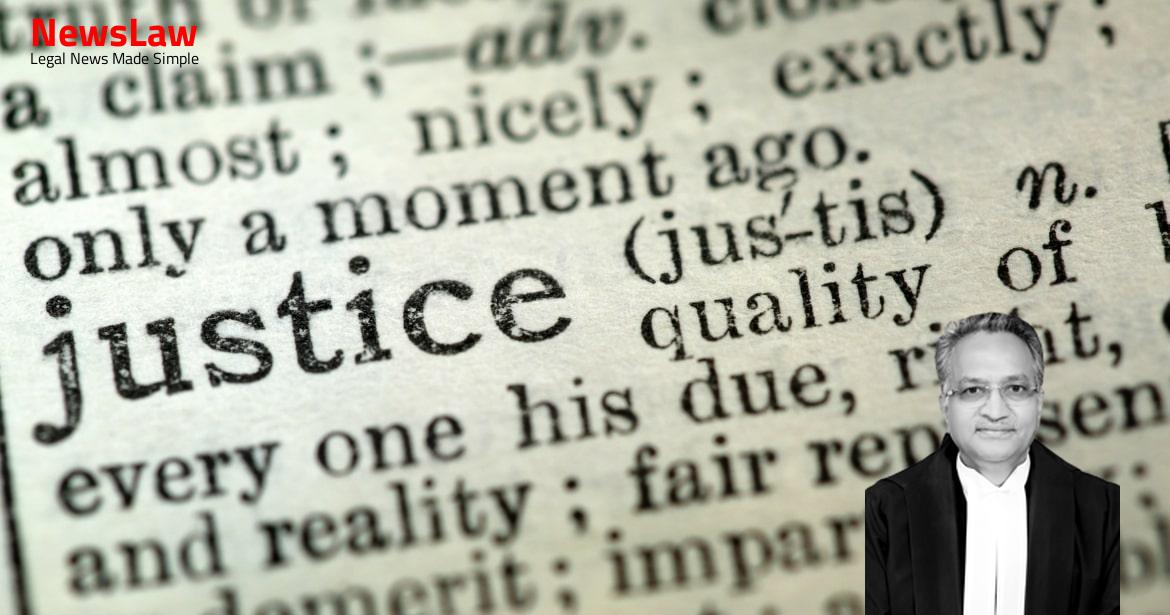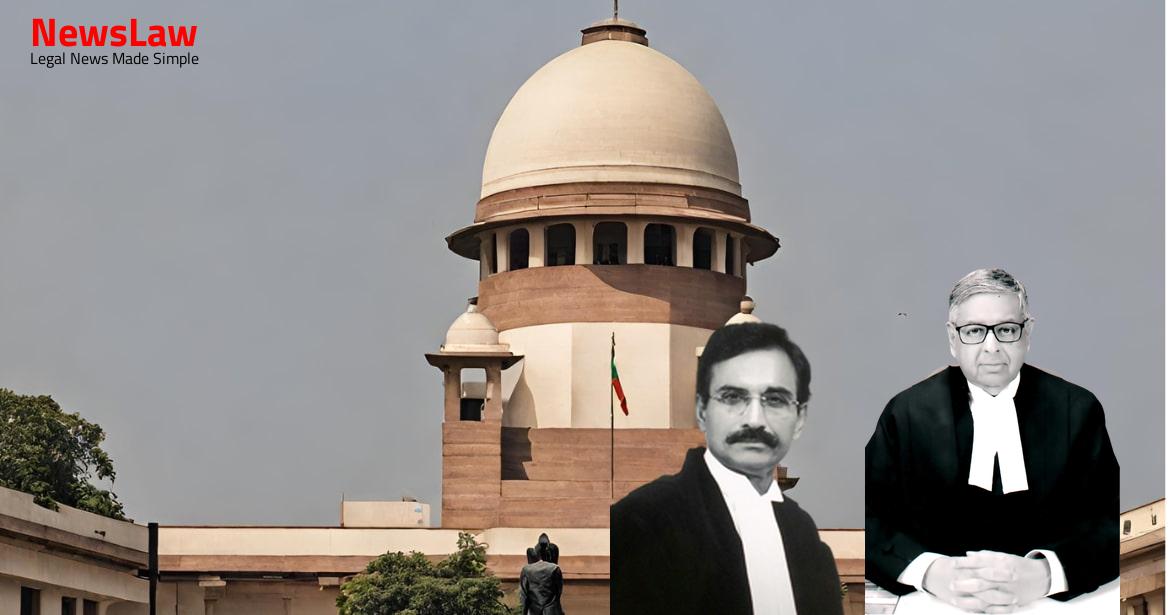Ensuring inclusive education for children with special needs is a crucial aspect of upholding their rights and providing them with equal opportunities. The court’s legal analysis in this case focuses on the significance of maintaining pupil-teacher ratios, providing support and accommodations, and the obligations of educational institutions. The need for trained teachers and specific measures for facilitating inclusive education are at the forefront of the court’s considerations.
Arguments
- The petitioners argue that there is a need for additional schools to accommodate children with special needs and trained teachers for both special needs children and normal school children to integrate them into the mainstream.
- The State of Uttar Pradesh is in the process of selecting over 1200 teachers, but there is a lack of appointments for teachers in certain schools catering to children with special needs and in mainstream schools.
- It is emphasized that children with special needs must not only be taught by special teachers but also require special schools for proper education.
- Access to education is considered a Fundamental Right under Article 21A of the Constitution.
- There is a demand for 73,888 special teachers to maintain the required pupil-teacher ratio in Uttar Pradesh and Punjab.
- Despite multiple petitions, the demands for regular appointments of trained teachers have not been met, and many are employed on a contractual basis in various schools.
- The petitioners highlight the statutory obligations under the Rights of Children to Free and Compulsory Education Act, 2009, and the Rights of Persons with Disabilities Act, 2016.
- The petitions advocate for teachers specializing in education for children with special needs to be appointed in recognized schools on a regular basis rather than on contracts, to ensure certainty of tenure and quality education.
- The inclusion of children with disabilities in mainstream schools for education is deemed impractical and highlight the obligation of the State to maintain the pupil-teacher ratio by appointing an adequate number of trained teachers.
- The definition of ‘disability’ in this context does not align with that of the Rights of Persons with Disabilities Act, 2016.
- The State of U.P. has shown substantial compliance in establishing special schools and appointing special teachers for disabled children.
- Sixteen special schools have been set up and are currently operational.
- These schools cater to visually impaired, hearing and speech impaired, mentally disabled, and physically disabled children.
- The schools have both residential and non-residential facilities.
- Specific details are provided regarding the number and locations of schools for different types of disabilities.
- There is an emphasis on the provision of quality education for disabled children through these specialized schools.
Also Read: Legal Analysis on Diplomatic Immunity Exception Case
Analysis
- Section 80 of the Act allows certain healthcare professionals to discharge specific functions in government hospitals or establishments.
- Violation of Section 80(2) may result in imprisonment or fine.
- Children with disabilities have the right to free and compulsory education under the Persons with Disabilities Act and the National Trust Act.
- State Commissioners have various functions including identifying inconsistencies in laws and recommending corrective measures, promoting awareness of disability rights, and monitoring implementation of disability-related schemes.
- Section 81 mandates authorities to act on recommendations of the State Commissioner within three months and provide reasons if not accepted.
- Inclusive education is defined as a system where children with disabilities are given equal education opportunities.
- The Act emphasizes the importance of maintaining pupil-teacher ratio in schools.
- Specific actions are required to promote and facilitate inclusive education for students with disabilities.
- Educational institutions must provide support and accommodations to maximize academic and social development for students with disabilities.
- Schools failing to meet specified norms and standards may face withdrawal of recognition.
- The Act prohibits the deployment of teachers for non-educational purposes and private tuition.
- Rule 22 emphasizes the importance of maintaining pupil-teacher ratio in schools and outlines consequences for violations.
- The Schedule in the Act does not yet address the specific needs of children with disabilities as defined in the 2012 amendment.
- The petitioner, Ms. Reshma Parveen, had applied for the post of Post Graduate Teacher (PGT) Geography in the Directorate of Education, Government of NCT of Delhi.
- The petitioner claimed to fulfill the eligibility criteria set out in the advertisement for the post.
- The petitioner was issued an admit card to appear for the written examination, but she was not allowed to sit for the exam due to the lack of the requisite qualification of M.A. in Geography.
- The petitioner filed a representation requesting that she be allowed to appear for the exam, but her request was rejected.
- The petitioner then approached the Court seeking directions to allow her to participate in the selection process for the post of PGT Geography.
Also Read: Legal Analysis: Forfeiture of Properties under the 1976 Act
Decision
- Notifications to be sent in the first week of March, 2022 for consideration of reports from State Commissioners.
- State Commissioners to conduct surveys on children with special needs and include the results in counter-affidavits.
- Steps being taken to recruit teachers with special education diplomas to teach children with special needs.
- Directions issued are applicable nationwide, not limited to specific states.
- State Commissioners to initiate inquiries on compliance and make recommendations to ensure timely actions.
- Compliance reports to be submitted within three months of recommendations.
- State Commissioners to submit reports on compliances/non-compliances by end of February, 2022.
- Registry to provide reports to the Amicus Curiae and prepare a chart/timeline for the next hearing.
- Not deciding on the working conditions of special teachers.
- Issuing notice to Secretaries of DEPwD and Ministry of Education, returnable in the first week of March 2022.
- Further affidavit to be filed by the Secretary of the concerned Department within three weeks.
Also Read: Land Acquisition Act Interpretation Case
Case Title: RAJNEESH KUMAR PANDEY Vs. UNION OF INDIA (2021 INSC 689)
Case Number: W.P.(C) No.-000132-000132 / 2016



